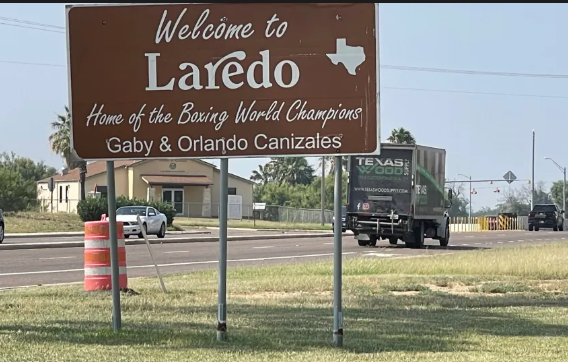Residents in Laredo’s South Texas border city have been forced to boil water for several days after hazardous E. coli was discovered in the city’s water supply. The boil water order has been in effect since Thursday when officials suspected E. coli contamination in the city’s water supply.

On Monday night, municipal officials stated that the Texas Commission on Environmental Quality had confirmed the presence of dangerous E. coli bacteria in at least two city tests, including “one sample with high bacteria levels.”
Laredo Mayor Victor Treviño, a physician, has warned the city’s 260,000 citizens to avoid drinking, washing, and engaging in water activities. “As a doctor, I want to advise the public that the well-being and security of the public is paramount, and for that reason, the city of Laredo is taking every safety precaution until further information is known, especially the extent of the boil water notice and any associated health concerns,” Treviño said in a statement.”For now, the public should follow the City of Laredo’s suggested measures outlined in the boil water advisory. We will keep the public updated as this information evolves. Several water distribution points have been established across the city, including churches, parks, and Laredo College.
Officials provide the following tips to avoid getting sick:
- Bring water to a boil for at least one minute before drinking, cooking, or brushing your teeth.
- Showering is harmless for healthy individuals, but they should avoid ingesting water.
- To avoid consuming polluted water, give your pets boiled or bottled water.
- Wash your hands with soap and water.
Laredo has fought for decades to keep clean water flowing from its taps. A sewage plant across the Rio Grande in Nuevo Laredo has been spewing sewage into the international river for years, endangering the health of Laredo inhabitants. In recent years, the city’s deteriorating infrastructure pipes have resulted in numerous boil-water orders. However, officials believe the E. coli infection with “high bacteria levels” is more severe than prior occurrences.
In July 2023, a water main break resulted in low distribution pressure, forcing households to boil water for several days. Over 125,000 individuals, or half of the city’s population, were forced to boil water for two weeks in February 2022 after cracks were discovered in a 36-inch broad main water line. Residents were required to boil water for 11 days in September 2019 due to polluted water sources.

